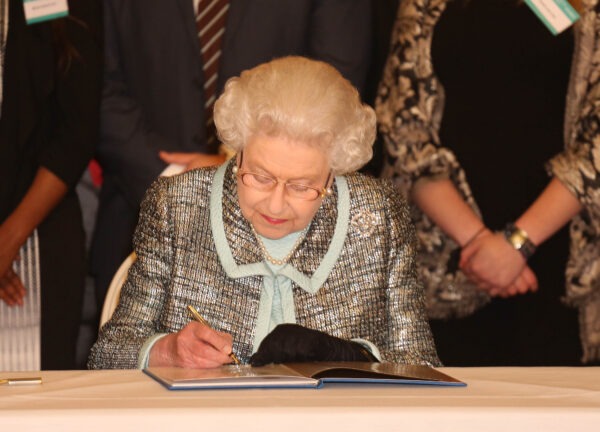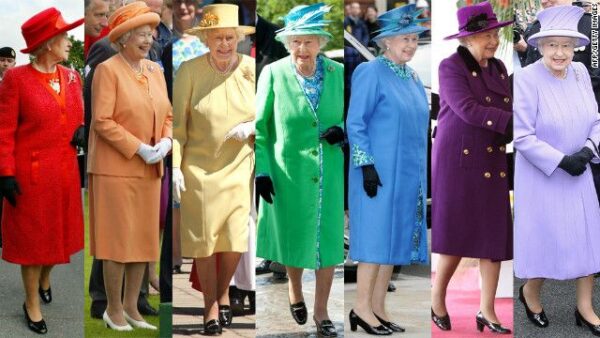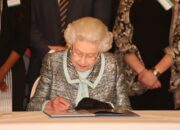
One of the first major pieces of LGBTQ+ legislation Queen Elizabeth II gave royal assent to was the Sexual Offences Act of 1967. That history-making act marked the first major crack in the UK’s long-held criminalization of same-sex sexual activity – it decriminalized gay sex in private between men aged 21 and over in England and Wales.
The Sexual Offences Act was far from the ultimate freedom LGBTQ+ people craved at the time. Gay and bisexual men continued to be convicted for years to come for having sex in public, while the age of consent – which was five years higher than it was for straight people – wreaked havoc on queer lives.
In 1980 and 1982 respectively, homosexuality was partially decriminalized in Scotland and Northern Ireland.
There have been numerous significant milestones since the partial decriminalization of homosexuality. One of those was the Human Rights Act, which was given royal assent in 1998.
That piece of legislation meant that the European Convention on Human Rights was enshrined in British law for the first time. That act has been used in a number of cases to uphold LGBTQ+ rights in the UK – it has helped give same-sex couples tenancy rights, for example.
Another sweeping law that came into effect around the same time was the Gender Recognition Act (GRA) – it was given royal assent the year before on 1 July 2004, and it put in place a process that allowed trans people to legally change their gender for the first time.
In 2010, the Equality Act was passed, which outlawed discrimination against people based on sexual orientation or gender identity in a number of key areas. Two years later the Protection of Freedoms Act meant that gay people could apply to have past convictions for “gross indecency” removed from the record.

One of the great landmark achievements for LGBTQ+ equality came in 2014 when same-sex marriage was legalized in England and Wales through the Marriage (Same Sex Couples) Act.
P.S. it is not known what the Queen’s personal stand on these issues would have been, although the consensus of public opinion is that she would have supported all these measures introduced by several sessions of her Government. Constitutionally every new Act of Law cannot be enacted until she gives her Royal Assent., but nowadays that is purely a tradition/custom as she cannot/does not refuse to sign.
King Charles III is inheriting a potentially very difficult era in LGBTQ+ rights, as earlier this year Britain dropped in an annual ranking of European countries’ LGBTQ+ rights with activists citing the exclusion of transgender people from an upcoming ban on so-called conversion therapy.
Britain fell from 10th to 14th place in the “Rainbow Europe” index by advocacy group ILGA-Europe, continuing its slide from the number one spot seven years ago. The government’s policy on conversion therapy, which aims to change a person’s sexual orientation or gender identity, its stance on gender recognition, and barriers to asylum for LGBTQ+ people were all cited as factors.
We hope he will give good counsel to his new Conservative Government especially as many of its members are moving more to the Right and are talking about turning the clock back.

